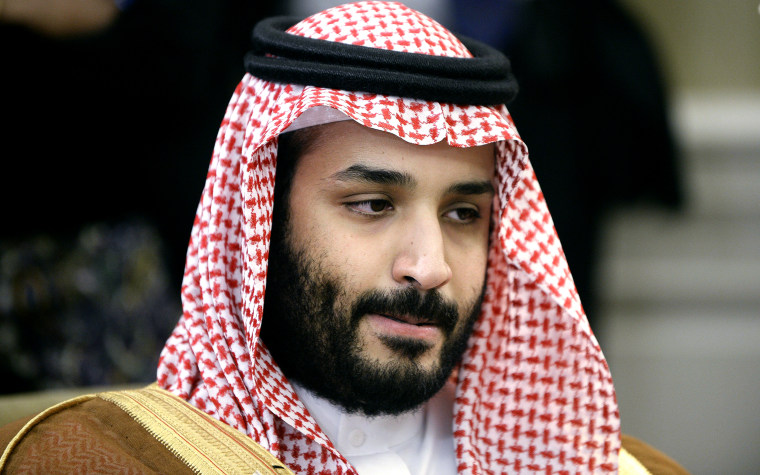President Barack Obama met with leaders of Gulf nations at Camp David on Thursday in an effort to offer reassurance of American commitment to regional security.
"I was very explicit the U.S. will stand by (Gulf nation) partners against external attack and will deepen cooperation we have for many challenges in the region," the president told reporters on Thursday.
The conversations were also an opportunity to stress to leaders from such countries as Saudi Arabia, a close U.S. ally, that a nuclear deal with Iran is the best way to help shore up security in the region. As the U.S. and five other world powers work to craft a tenuous framework with Iran to keep it from developing nuclear weapons in exchange for lifting some sanctions, Gulf nations have worried that Iran might feel empowered and become an even greater regional threat.
“Here at Camp David, we agreed that a comprehensive, verifiable solution that fully addresses the region’s and international concerns about Iran’s nuclear problem is in the security interests of the international community, including our (Gulf nation) partners," Obama said during a press conference Thursday.
Even as the president and leaders discussed paths to peace at Camp David, a bucolic Maryland setting, Iranian gunboats shot at a Singapore-flagged tanker on Thursday as it was passing through the Strait of Hormuz, U.S. officials told NBC News.
Five gunboats, believed to be from the Iranian Revolutionary Guard, ordered the tanker Alpine Eternity to halt, the officials said. When the crew refused, the gunboats fired across the bow, the officials said.
When the tanker still refused and sped up instead, the gunboats shot directly at the stern in an apparent attempt to disable the propellers, the officials said. When that failed, the Iranians asked for help from United Arab Emirates warships in the area.
“This is exactly type of challenge” the president and leaders of Gulf nations are focused on, Ben Rhodes, Obama's deputy national security adviser, told reporters.
The U.S. House passed legislation Thursday allowing Congress to review the Iran nuclear deal. The Senate passed the measure last week.
This legislation will now head to the White House which has signaled President Obama would sign the measure.
At the Camp David summit, Gulf nation leaders and the president discussed crises in Syria and Yemen and continued commitment to fighting ISIS. The gathering also talked about ways to extend U.S. military support beyond offering military assistance but also offering help on cyber, maritime and border security issues.
“I was struck by fact that they are thinking in practical terms,” Rhodes said.
Earlier in the week, the White House sought to allay concerns that the withdrawal of four of the six top leaders of Gulf nations from the summit signaled strained relations.
Of the six Arab states invited, only two of those countries — Kuwait and Qatar — sent their top leaders. The remaining countries Bahrain, Oman, Saudi Arabia and the United Arab Emirates sent delegates.
Those delegates represent the new generation of leaders from that region.
